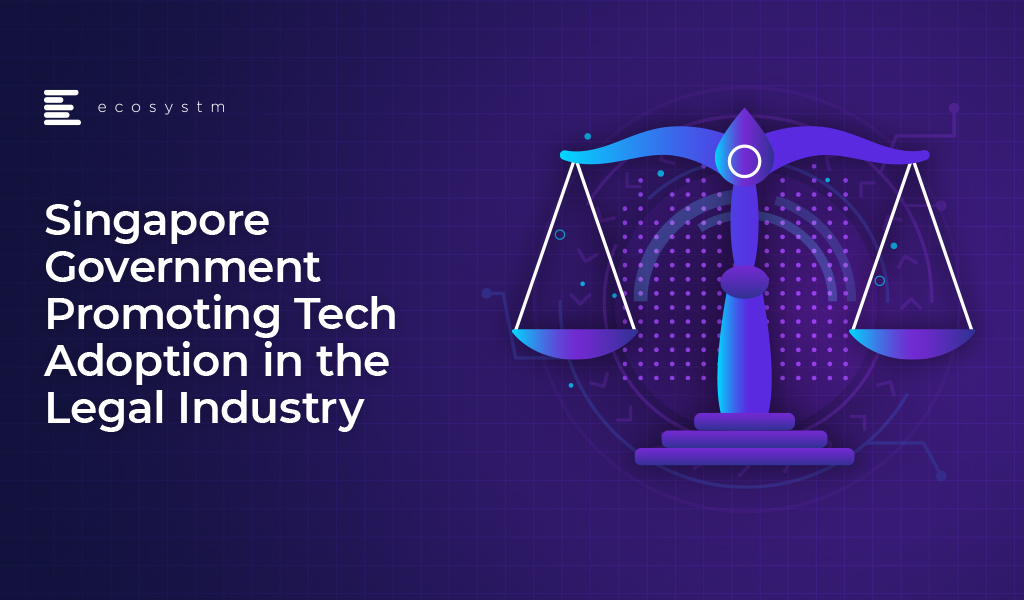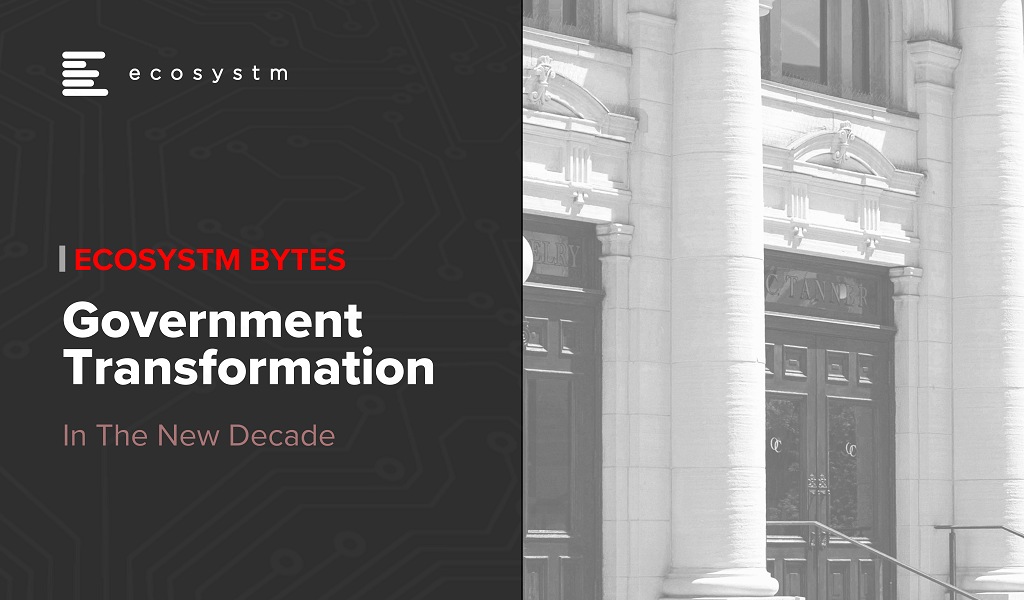
Singapore is encouraging the adoption of technology in the legal sector for higher efficiencies. In May, the Ministry of Law (MinLaw), Enterprise Singapore, the Infocomm Media Development Authority (IMDA) and the Law Society of Singapore (LawSoc) announced the launch of a new SmartLaw Guild to encourage law firms to adopt technology.
The SmartLaw Guild brings together case studies from the legal industry and organises knowledge sharing sessions. Speaking at the launch of SmartLaw Guild, Communications and Information Minister S Iswaran, said that the majority of legal practices in Singapore are catered to the SME sector given that 90% of organisations in Singapore fall under the category. The Government is making an effort in the evolution of technology to support the SME legal practices. Mr. Iswaran also encouraged practicing lawyers to take advantage of the skills training provided by the IMDA’s Techskills Accelerator initiative in areas such as cybersecurity, AI and data science.
Why have Law Firms been Slow in Tech Uptake?
A LawSoc survey held in 2018 showed that the adoption of technology helps in the delivery of legal services but only an estimated 12% of law firms in Singapore appears to have adopted digital technology till date. Hence, to encourage digitalisation of the legal industry, legal firms in Singapore will benefit from the SGD 3.68 million fund that has been set aside, to provide them with funding support for adopting technology solutions.
Commenting on the announcement, Ecosystm VP & General Counsel, Nandini Navale said “Across jurisdictions, law firms are bound to licensing and regulatory conditions and have to follow strict standards of professional ethics, confidentiality, and care to clients. This could be a possible reason for their ‘abundantly cautious’ approach towards the adoption of new technology and digitalisation. A glitch or even a minor fault in the technology could result in the loss of license to practise, breach of regulatory obligations, reputational damage or can compromise the interest/privacy of clients. Therefore, AI and technology in systems and processes will have to be proven reliable and fail-safe as a condition for the implementation in the legal sector.”
Law has been a conservative industry. This is fast changing, however with the “BigLaw” in countries investing heavily in technology and looking to implement AI to help their legal staff perform due diligence and research, provide additional legal insights and in process automation in legal work.
Advanced technology solutions powered by AI are enhancing business capabilities and the adoption of AI in the legal industry can help in a quicker resolution of disputes and more consistent outcomes. “AI is capable of transforming the legal sector. The technology could be used to sift through volumes of case law and litigation history, and help lawyers to interpret, prepare and support their positions. Legal issues spotters are being utilised in the contract due diligence and review, legal-tech being deployed for routine and low-value work. Applications for time trackers, billing and invoicing, and legal data analytics are also being adopted” says Navale “The Singapore Government is indeed walking the talk – an example of this is the introduction of the Venture Capital Investment Model Agreements (VIMA) documentation.” The initiative was launched in 2018 by the Singapore Academy of Law (SAL) and the Singapore Venture Capital & Private Equity Association (SVCA) which comprises a set of standard documents that improve the process of structuring a deal and transactions for venture capital firms, start-ups, and SMEs. The core working group for the initiative adopted technology and created a questionnaire that guides through the documentation with auto-versioning and customisation to save time, cost and effort.
How have some Disruptive Technologies Impacted the Legal Industry?
Amit Gupta, CEO, Ecosystm interviewed Matt Pollins, Partner of renowned law firm CMS where they discussed the legal implications of AI as well as the uptake of new technologies in the legal industry.
What do you think are the implications of technology adoption in the legal industry?
Let us know in your comments below.






